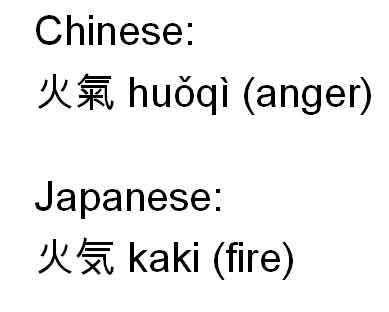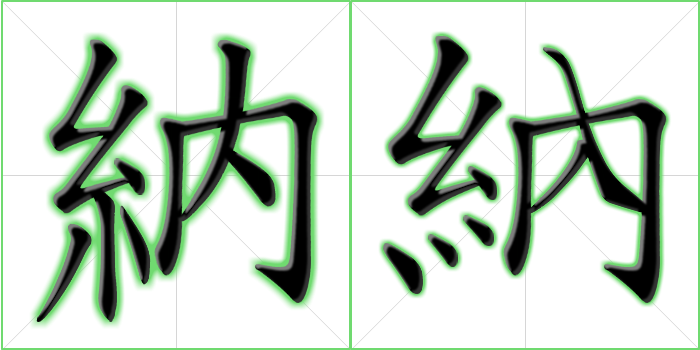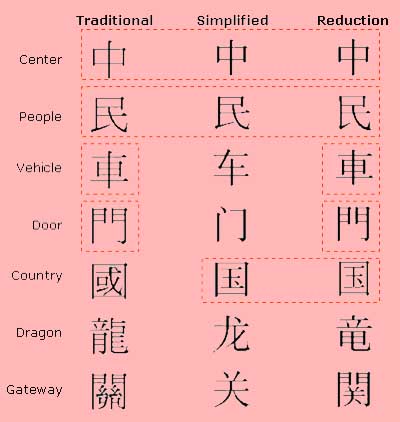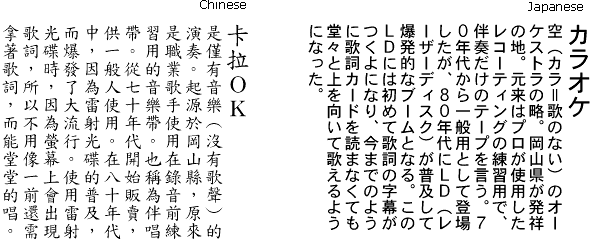Chinese Vs Japanese Characters
Loose curvy lines that arent constrained to a small box are japanese hiraganathe characters are extremely simple compared to korean or chinese characters some only requiring a single stroke of the pen to reproduce.

Chinese vs japanese characters. Whilst studying at university in japan as an international student i had more than one experience of mistaking chinese and korean people for japanese people and speaking japanese to them. It is written with the same characters as in traditional chinese to refer to the character writing system hanzi. While they are linguistically unrelated all three can be written borh horizontally and vertically and all three use chinese charactershanzi in chinese kanji in japanese and hanja in koreanwhich is one of the reasons for the confusion. Chinese words borrowed into japanese could be written with chinese characters while native japanese words could also be written using the characters for a chinese word of similar meaning.
Korean also uses chinese characters calling them hanja and the pronunciations are somewhat different again although closer to chinese than japanese as far as i know. They are used alongside the japanese syllabic scripts hiragana and katakanathe japanese term kanji for the chinese characters literally means han characters. Before coming to japan i had no idea how to distinguish japanese korean and chinese people from one another. The japanese and chinese therefore make use of the same chinese characters its just that in the japanese system they have a different pronunciation.
Beyond that chinas huge variety of dialects and language groups can also be written using hanzi despite having very different pronunciations. For a quick shortcut look for the character. When it comes to computers the chinese japanese and korean are often grouped together under the acronym cjk and for a reason. Japanese and chinese both use similar writing systems called in their respective languages.
1 one key difference between the two sets of writing systems is in the no. Identify japanese script as light and loose. For a great chinese course for. Hiragana and katakana.
In japanese is called kanji but in chinese its called hanzi. Most kanji have both the native and often multi syllabic japanese pronunciation known as kunyomi and the mono syllabic chinese based pronunciation known as onyomi.











